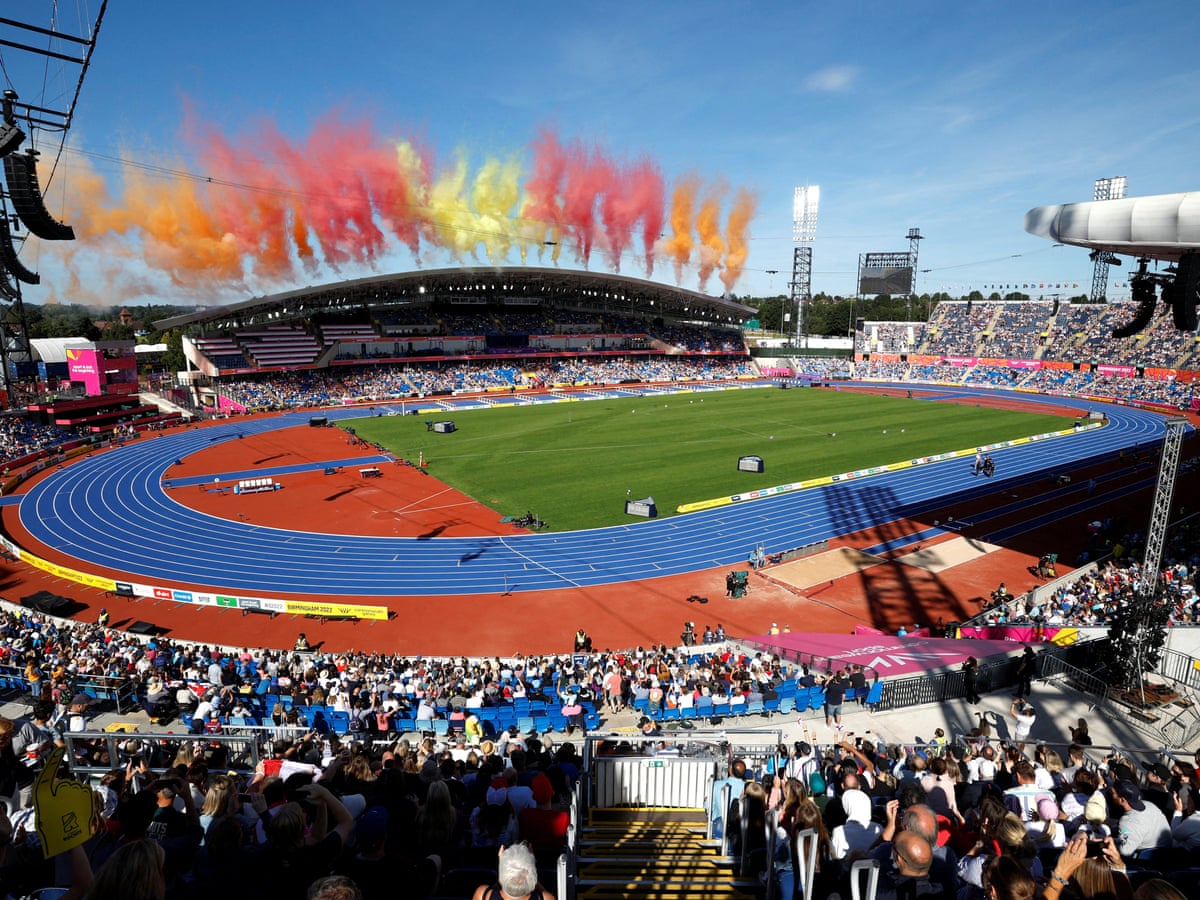
A Future Rekindled: Seven Nations Step Forward with 2030 & 2034 Commonwealth Bids
Commonwealth bids for 2030 and 2034 signal renewed hope for Games’ future
Just a few short months ago, concerns loomed large over whether the Commonwealth Games had reached the end of the road. Glasgow’s emergency intervention for 2026 had the air of a last stand—a valiant attempt to preserve a crumbling tradition amid rising costs and waning interest. But in a dramatic and heartening twist, seven nations have now come forward with expressions of interest to host the Games in 2030 and 2034, breathing new life into a competition that once seemed destined for the scrapheap.
From four of the six Commonwealth regions—Africa, Asia, Oceania, and the Americas—bids have begun to materialize, suggesting that the Commonwealth Games Federation (CGF)’s decision to strip back the format and reduce financial strain is finally paying dividends. It’s a turning point not only for the event itself but also for the sporting dreams of thousands of athletes who still see the Games as a vital milestone in their careers.
From Glasgow’s rescue to global revival

Seven nations in running for hosting future Commonwealth Games
When the Australian state of Victoria pulled the plug on hosting duties last year, citing unsustainable costs, the Games found itself at a crossroads. It was Glasgow, host of the 2014 edition, that stepped into the breach. Armed with a vision for a streamlined, cost-effective tournament, Scotland’s largest city took on the mantle of savior with a plan that involved fewer sports, fewer athletes, and fewer venues—but one still rich in spirit, competition, and cultural value.
That radical rethink may have changed everything.
The leaner model paved the way for a broader range of nations to consider hosting future editions, a move many now hail as vital for the Commonwealth Games’ survival.
Phil Batty, the chief executive of Glasgow 2026, put it plainly: “I have every confidence Glasgow 2026 will pioneer a new model for the major event—one that delivers a successful Games on time, on budget, and with high-quality sport at the heart of the experience.”
Who’s bidding? The seven interested nations
While exact details of all seven expressions of interest remain under wraps, several countries have publicly confirmed their intentions. Canada, India, and Nigeria are among the most high-profile names looking at the 2030 centenary Games, while New Zealand is reportedly one of two nations with eyes on the 2034 edition.
The remaining four interested parties—whose names are currently withheld as their bids undergo feasibility assessments—reflect the CGF’s growing ambition to diversify its pool of hosts and expand the Games’ global footprint.
This is more than a symbolic gesture. It’s a practical strategy aimed at ensuring long-term viability by lowering barriers to entry and appealing to nations that may have previously been priced out of the conversation.
A milestone moment for Commonwealth sport
The significance of 2030 cannot be overstated. It marks 100 years since the very first Games—then known as the British Empire Games—were held in Hamilton, Canada. That centenary adds an extra layer of prestige and poignancy to the bidding process, especially for Canada, which is bidding to bring the Games full circle.
Katie Sadleir, chief executive of Commonwealth Sport, acknowledged the importance of this moment:
“We are thrilled with the incredible interest from four of our six regions. We cannot understate the hugely-significant role Scotland has played, having the foresight, tenacity and innovative thinking to step forward and host in 2026. We are confident that Glasgow’s pioneering example will increase the breadth of countries able to host the Games in the decades ahead.”
What’s next in the bidding process?
The seven interested nations responded to a formal invitation issued in January, when all 74 Commonwealth member nations were encouraged to lodge notes of interest. The feasibility of each bid will now be assessed over the next five months, taking into account factors such as existing infrastructure, public support, environmental impact, and financial sustainability.
A final decision on the 2030 host is expected in November. That timeline gives cities a short window to refine their proposals and demonstrate their ability to deliver a Games that aligns with the new values of affordability, accessibility, and community impact.
Glasgow’s gamble paying off
While Glasgow’s 2026 plans were initially met with skepticism in some quarters, there is growing recognition that their vision has become a blueprint for future success.
Their scaled-down Games promise to deliver high-performance sport with minimal financial strain, potentially unlocking a new era of hosting possibilities for medium-sized cities and nations that once viewed the Games as too great a burden.
By acting decisively when others balked, Glasgow may have not only rescued the 2026 edition but set a precedent that will define the next century of Commonwealth sport.
A balancing act between tradition and reinvention
The challenge now for the CGF is to maintain that momentum. Striking a balance between tradition and innovation has never been easy in the world of sport, and the Commonwealth Games faces stiff competition from other global events that are continually evolving.
Yet this moment presents a rare opportunity: to reshape the Games into a dynamic, inclusive, and globally-relevant celebration of sport that empowers new nations, excites young audiences, and retains its unique identity.
The 2030 and 2034 Commonwealth bids may mark the start of that new chapter.
Whether it’s through New Zealand’s ambition to bring the Games back to Oceania, or Nigeria’s potential to host for the very first time in Africa, the Commonwealth family seems more engaged than it has in years.
And that’s worth celebrating.
As the Games prepare for their next century, the story is no longer one of fading glory—it’s one of renewed purpose and rediscovered pride. If these bids bear fruit, Glasgow 2026 might not be a swan song after all, but rather the spark that lit the Commonwealth’s next great flame.




























































There are no comments yet. Be the first to comment!